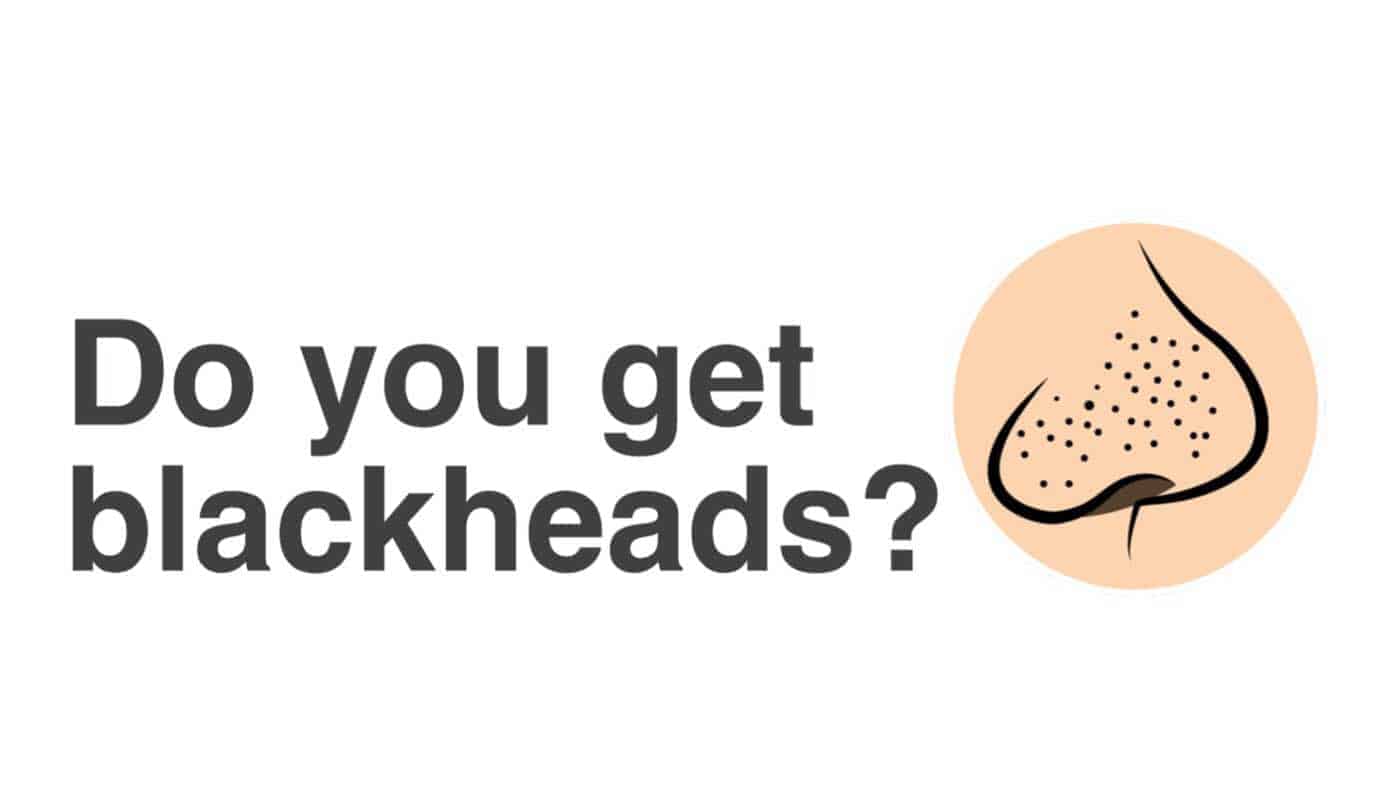Nobody is immune to stress, from the wealthiest crust of society to the poorest of the poor, there is no escape. If you have a physical or mental condition, you know that stress only makes it worse. But can tension cause your body to have a breakout of stress acne?
While it’s possible to reduce stress in your life, it’s impossible to eliminate it. Indeed, life is demanding. Stress protects you from imminent danger and is necessary for learning and growing.
Like many other automatic responses in your body, your brain is hardwired to respond to stress. In a dark, primordial world filled with unknown hazards, early humans depended on this response to survive. They often had a split second to energize their bodies and decide to fight, flight, or flee.
The human survival instinct remains unchanged over thousands of years. The same response that your ancient ancestors had now protects you in dangerous situations. However, your brain doesn’t distinguish stressors and will react accordingly.
How Stress Works
Think of stress as your body in overdrive. Since you aren’t a superhero, your body doesn’t operate at maximum speed and strength continually. When your brain perceives a threat, i.e., stress, it kicks into high gear with complex reactions.
Stress and your brain
Your brain signals your body to produce adrenaline and cortisol for an instant boost of energy and strength. It’s preparing you to fight, flight, or flee. If you’ve ever read stories of people lifting cars off someone trapped underneath, you understand how robust this response is.How many times has this survival response helped you avoid danger or even saved your life? Without it, humanity would have been extinct millennia ago. Even when it comes to a survival instinct, you can have too much of a good thing.
Since your brain treats every stressor the same, your body may freeze in a constant state of threat. You may not be running from a hungry saber-tooth tiger-like your prehistoric ancestors, but your brain doesn’t differentiate. Whether you had a fender bender or are late for work and stuck in traffic, stress is all the same to your body.
The stress response was meant for times of emergency, never as a persistent condition. Unless you are fighting for your life, your body doesn’t need a rush of adrenaline and cortisol. Doctors explain that when you have a chronic overflow of these supercharging hormones, they can be a hazard to your body.
Signs & Symptoms of Excess Stress
Perhaps you are one of the millions of people in America who admit that they are stressed out in their lives. Just as a car would do, your body will soon wear out if it’s continually driving at high speeds. These are some signs that your stress levels are over the top.
Mental:
- Problems with memory
- Concentration problems
- Chronic negative thoughts
- Poor judgment
- Anxiety, panic, or racing thoughts
- Chronic worrying
Emotional:
- Depression that won’t ease
- Chronic agitation
- Mood swings, irritability, rage
- Feelings of isolation and loneliness
- Feeling overwhelmed and hopeless
- Exacerbation of mental illness
Physical:
- Unexplained aches and pain
- Digestion issues, such as constipation or diarrhea
- Dizziness, nausea
- Rapid heartbeat or chest pain
- Loss of interest in pleasurable things, like sex
- Chronic colds or flu symptoms
Behavioral:
- Change in eating habits, such as overeating or not eating enough
- Oversleeping or insomnia
- Isolation and withdrawing from family and friends
- Procrastination or neglect of responsibilities
- Substance abuse to self-medicate: drugs, alcohol, tobacco
- Newly developed nervous habits, such as tics, pacing, or nail-biting
Stress and Your Skin
Remember the joys of being a teenager? Wouldn’t it be wonderful to turn back the clock to those days? Your body was a raging river of hormones trying to bridge the gulf between childhood and adult.
Along with your changing body came the dread of every teenager: acne. For the most part, you have your hormones to thank for those whiteheads and blackheads that popped up out of nowhere. They seemed to appear at the worst possible times, like the morning before your senior prom.
Anyone who has ever raised a teenager knows about the
notorious mood swings due to hormone changes. Teenage years are also filled with stress, which adds a double dose of hormones to the brew. They go through many of the symptoms of undue strain, including skin breakouts.
Understanding Stress Acne
If you could look at a strong magnification of your skin, it might resemble a sponge. Your skin is covered with thousands of tiny holes called pores. Each pore is a porthole to either sweat or an oil gland.
Your oil glands produce a light lubricant that protects your skin and keeps it supple. Sweat glands make perspiration to cool your body when it’s overheated. Your pores’ purpose is to allow oil or sweat to come to the surface of your skin and any toxins that need to be washed from your body.
Both your sweat glands and oil glands are active from birth to adulthood. However, hormone changes in puberty often cause the body to overproduce oil, which is problematic for your pores. It’s the reason teens complain about the zits on their face, neck, and backs.
Dealing with Clogged Pores
As your body’s largest organ, your skin is constantly shedding millions of dead cells and replacing them daily. Most get rubbed off by movement or from your clothes rubbing against your body. Many more are washed away when you shower.
Along with dead skin cells, your skin’s surface is also an assortment of dust, pollen, and bacteria. Many of these microbes are harmless or even beneficial, but some can cause infection and sickness. Dermatologists with the American Academy of Dermatology explain that a microbe called propionibacterium acne is the rogue bacteria responsible for zits.
Did you know that the stress hormone, cortisol, is what causes your skin’s oil glands to go into overdrive? Since adolescence is a prime season of stress, it stands to reason that an abundance of cortisol will pop out the zits overnight.
When your skin produces too much oil, you will often see those infamous slicks of fat on your T-zone, namely your forehead, nose, and chin. The surplus oil mixes with dirt particles and bacteria that clog your pores. If your pores can expel this toxic mix, blood rushes to them with warrior white blood cells, causing swelling and inflammation.
Blackheads are an open pore that’s clogged, while whiteheads are covered with a thin layer of skin and are usually inflamed. Soon, you have full-blown pimples that are swollen, painful, and full of infection. Stress acne works in the same way.
How to Fight Stress Acne
You awaken in the morning to get ready for your big presentation at the office. As you look in the bathroom mirror, you notice blackheads, whiteheads, or a pimple the size of a small planet right in the middle of your forehead. Does this sound like a familiar scenario?
It’s common to develop acne when you are overly stressed, especially if you have a history of acne problems. Your brain registers stress, believes you are in danger, and turns on the flood of adrenaline and cortisol. Not only do these excess hormones cause damage to your body, but the cortisol can cause acne breakouts.
It’s impossible to eliminate stress from your life, but you can minimize it. Stress acne is one of the myriads of conditions that are brought on by undue stress. Other issues include cardiovascular disease, diabetes, stroke, and some forms of cancer. It’s never too late to bring some tranquility to your life.
Learn ways of changing your lifestyle to lower your stress levels. Some people benefit from going for mindful walks, practicing yoga, meditation, and other stress-busting activities. Less stress may equal less acne.
How to Treat an Outbreak of Stress Acne
The same suggestions you give your teenagers at home are true for your adult stress acne. As much as you are tempted to do so, avoid squeezing whiteheads, blackheads, or a pimple. You may think you are just getting rid of the infection, but you may do the opposite and push more of it into the pore, which can make the problem worse.
The leftover scab can cause permanent scars or pits. Instead, you’ll need to be patient so that the blemish will heal on its own. If you are bothered with acne, there’s natural help. Try these three tried and true home remedies for your breakouts.
1. Tea Tree Oil
For generations, people have used tea tree oil to fight skin infections. It is a natural anti-inflammatory and antibacterial. Rub a dot of tea tree oil on the pimple, and it will usually dry up within days. Dermatologists participating in an Austrailian study reported significant improvement in acne after twelve weeks of use. Further, they reported few side effects.
2. Witch Hazel
An overproduction of oil can cause acne. Mild astringents such as witch hazel can clear your skin of excess oil without stripping it completely. Use a cotton ball soaked in a little witch hazel to wipe your face after washing gently.
3. Fresh Lemon Juice
Lemon juice is mildly acidic and is another natural astringent that can dry up acne. Rub some in break out areas after you have washed your face. Dermatologists who studied the topical use of lemon juice in one study attribute this favorable outcome to Vitamin C. They explain that the vitamin fights free radicals, enabling skin to renew and heal faster.
Final Thoughts on Beating Stress Acne
Take control of your stress and minimize its effects on your body, including whiteheads, blackheads, and stress acne. Find ways to bring peace in your life and watch how much better you will feel. Your body, including your skin, will love you for it.

















